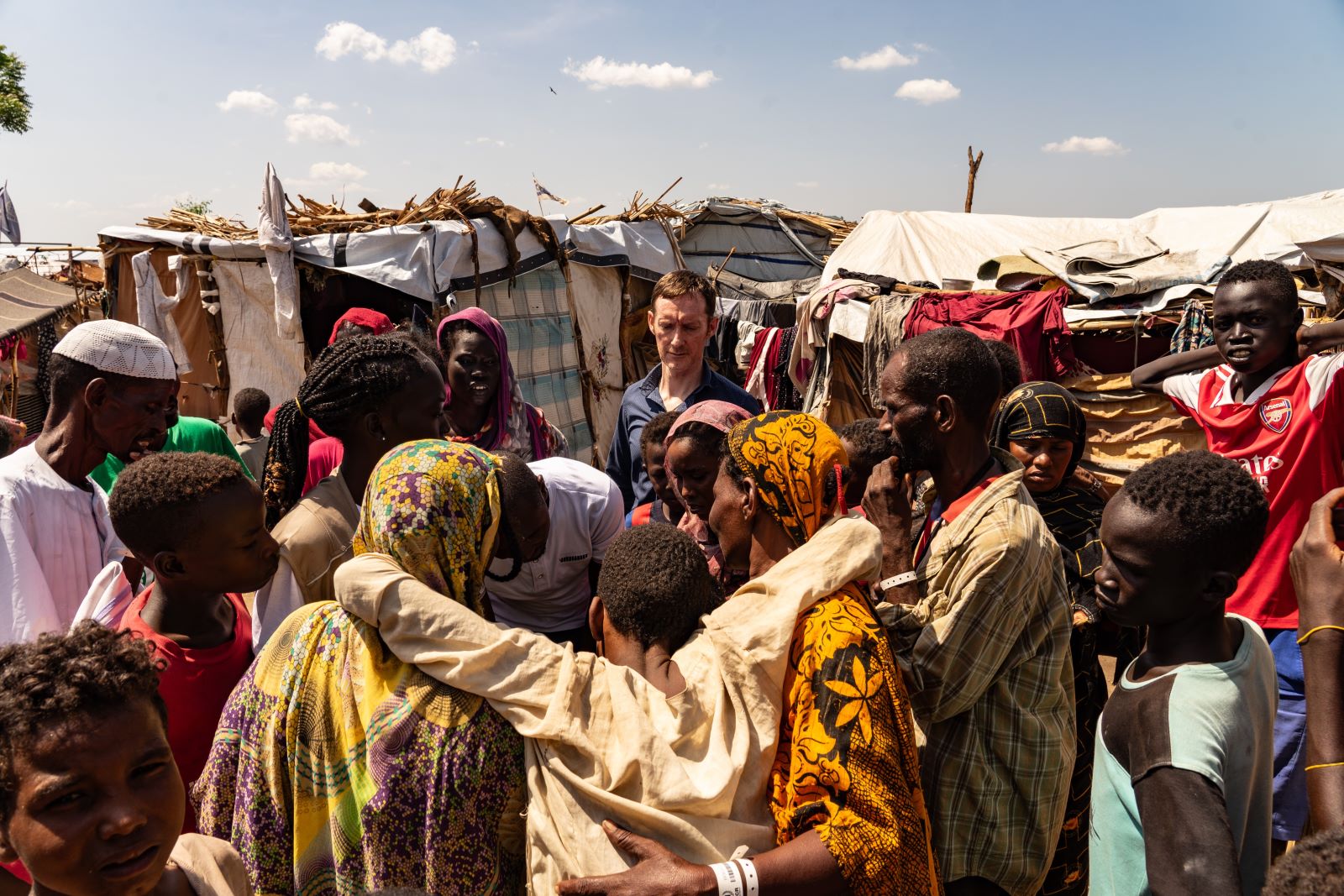
In only one year, the ongoing conflict in Sudan has forcibly displaced nearly 9 million people, making it the most severe displacement crisis globally. Among them, close to 7 million are internally displaced.
The levels of violence and cruelty seen in Khartoum (Sudan’s capital) and other areas in the country are horrific and have left communities broken and grieving. As a result, those who could do everything in their power to flee these horrors have crossed into bordering countries.
Despite the growing needs of the affected population, the crisis in Sudan has faded from the headlines. However, the horrendous humanitarian situation persists, with urgent requirements for protection, education, (mental) health support, and shelter.
South Sudan has witnessed the highest influx of displaced individuals, with over 600,000 people crossing its borders. Chad follows closely, with nearly 600,000 arrivals, while Egypt has seen 500,000 crossings. Ethiopia and the Central African Republic (CAR) have also received significant numbers of displaced individuals.
In South Sudan, women and girls represent 50% of the displaced population, with 51% being children under 18 years old (both boys and girls).
Shane Burke, a Sligoman, is the deputy regional director of the Jesuit Refugee Service (JRS) East Africa region leading the teams operating in both Chad and South Sudan. There JRS are focused on education programmes in Chad and providing rehabilitation and mental health support in South Sudan.
JRS also provides basic Non-Food items such as soap, mattresses, and mosquito nets for the most vulnerable among the displaced communities including people with special needs and survivors of gender-based violence.
Shane and his team now face growing challenges to manage and integrate refugees into camps in Maban and provide relief and safety for those in Renk, a transit zone, at the South Sudanese border.
– he hopes that Ireland does not make the Sudan war an ignored crisis.


